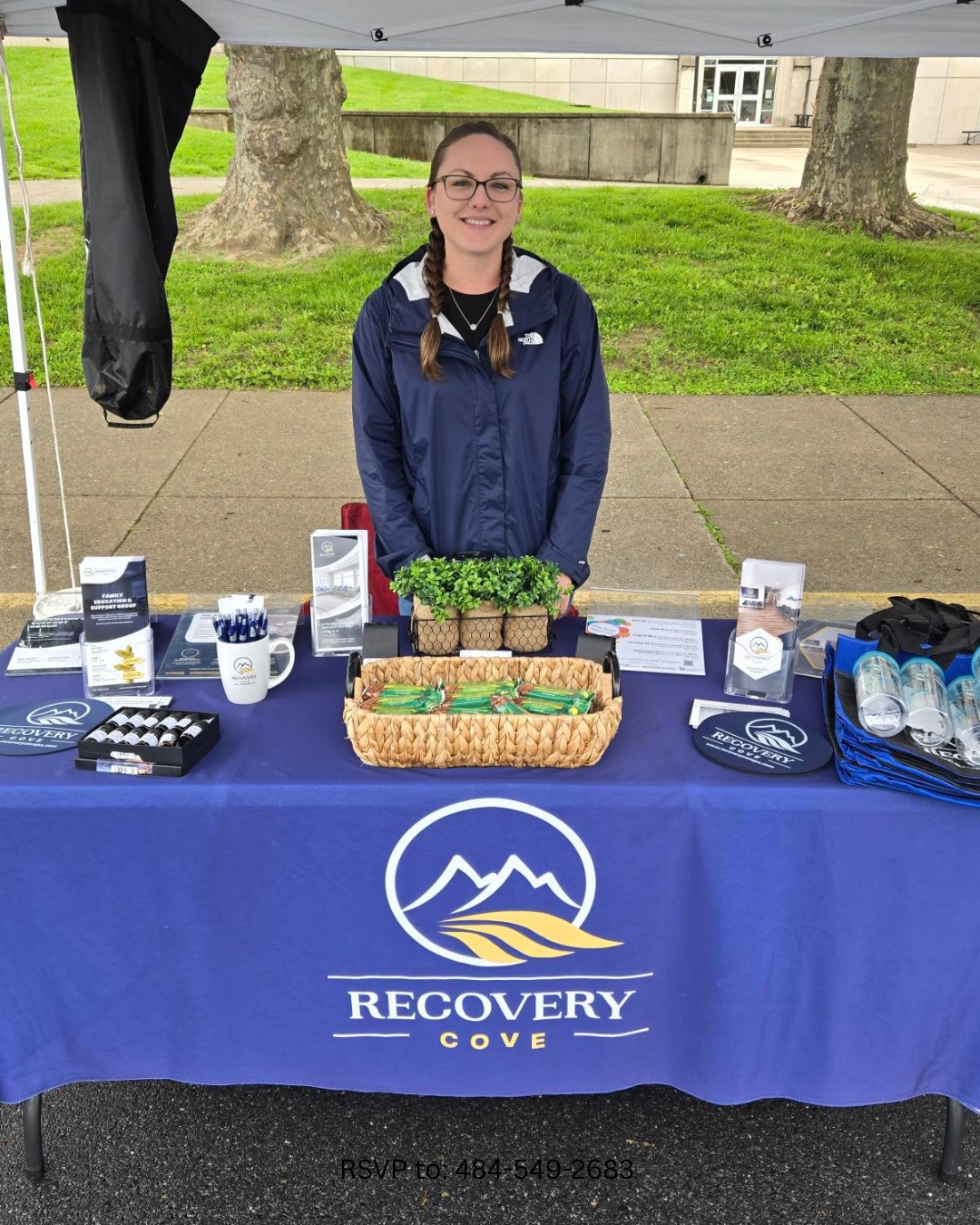Mental Health Program Levels of Care
Mental health disorders range in severity from mild to severe, and to meet the needs of individuals experiencing mental health disorders, Recovery Cove offers three different program levels. While your plan will be unique to you, many of our clients move through all three levels of care, starting with PHP, then IOP, and eventually stepping down to OP, where they spend just a few hours a week in therapy while working or going to school.
Mental Health PHP in Lehigh Valley
The Partial Hospitalization Program (PHP) is our most intensive program, offering support five days a week. Clients spend time in intensive group and individual sessions where they begin building a foundation for long-term mental health wellness.
Mental Health IOP in Lehigh Valley
The Intensive Outpatient Program (IOP) is a step down from partial hospitalization, making it highly structured but with a shorter time commitment. Clients learn healthy coping mechanisms, how to recognize their triggers, and how to build a healthy foundation. Many clients return to work or school at this point while receiving dual diagnosis support.
Mental Health Outpatient Program in Lehigh Valley
The Outpatient Program (OP) is our lowest level of care, but it remains highly effective. Individuals in OP continue to build upon the progress they’ve made while gradually returning to everyday life. If any issues arise, the individual has built-in support available.
Lehigh Valley’s Trusted Mental Health Treatment Professionals
The Recovery Cove team is part of the Lehigh Valley community and is here to help support our clients as they address mental health concerns.
If you’re looking for a safe, supportive environment to heal, you’ve come to the right place. You are not alone! Contact us today to get started on improving your overall well-being and building a healthier future.
FAQs About Our Mental Health Treatment in Pennsylvania
What Happens if a Mental Health Disorder Is Not Treated?
When mental health problems go untreated, the consequences can be severe and far-reaching. Not only is the individual impacted, but so are family, friends, coworkers, and society at large. Some of the things that can happen include:
- Worsening of mental health symptoms
- Physical health decline
- Impaired daily functioning
- Substance use disorders
- Increased risk of suicide or self-harm
- Social isolation
- Economic consequences
- Increased risk of legal issues
- Negatively impacted relationships
Why are Mental Health Disorders on the Rise?
Mental health disorders are increasing here in Pennsylvania and in the greater U.S. The U.S. Surgeon General’s Office found that rates of depression and anxiety were increasing in children and teens even before the pandemic due to the growing prominence of social media, greater academic and extracurricular pressures, and limited access to mental health care.
Currently, nearly 60 million adults are experiencing a mental health condition in our country. Some of the issues that are contributing to these rates are:
- Social media use
- Isolation and loneliness
- Lack of access to care
Contact Recovery Cove today to learn more about how our mental health programs can help.
How Long Is Your Mental Health Program in PA?
The mental health treatment programs at Recovery Cove can vary in length depending on several factors, such as:
- Personal and family mental health history
- Current symptoms and their severity
- Prior treatment experiences
- Level of participation in therapy
- Home support system, and more
Contact our admissions team today to learn more and begin the healing process.
Will Insurance Cover Mental Health Treatment in Pennsylvania?
Recovery Cove accepts most major insurance for our Mental Health Programs. Contact us today to verify your insurance and learn more about your specific coverage.
What Can I Expect As I Begin Mental Health Treatment?
At Recovery Cove, clients begin with a personalized assessment covering:
- Personal and family health history
- Current symptoms and mental health challenges
- Daily routines, work/school commitments, and lifestyle factors
- Recovery and wellness goals
- Insurance and treatment options
- And more
This process ensures each mental health treatment plan is personalized to fit your unique needs and circumstances.
Can I Still Work While Attending a Mental Health Program in Pennsylvania?
Yes! Recovery Cove is an Outpatient Rehab Facility serving Lehigh Valley, PA. We offer programs during the day or evening that are flexible, allowing patients to take care of their responsibilities and return home each night. Contact our team for more information.











